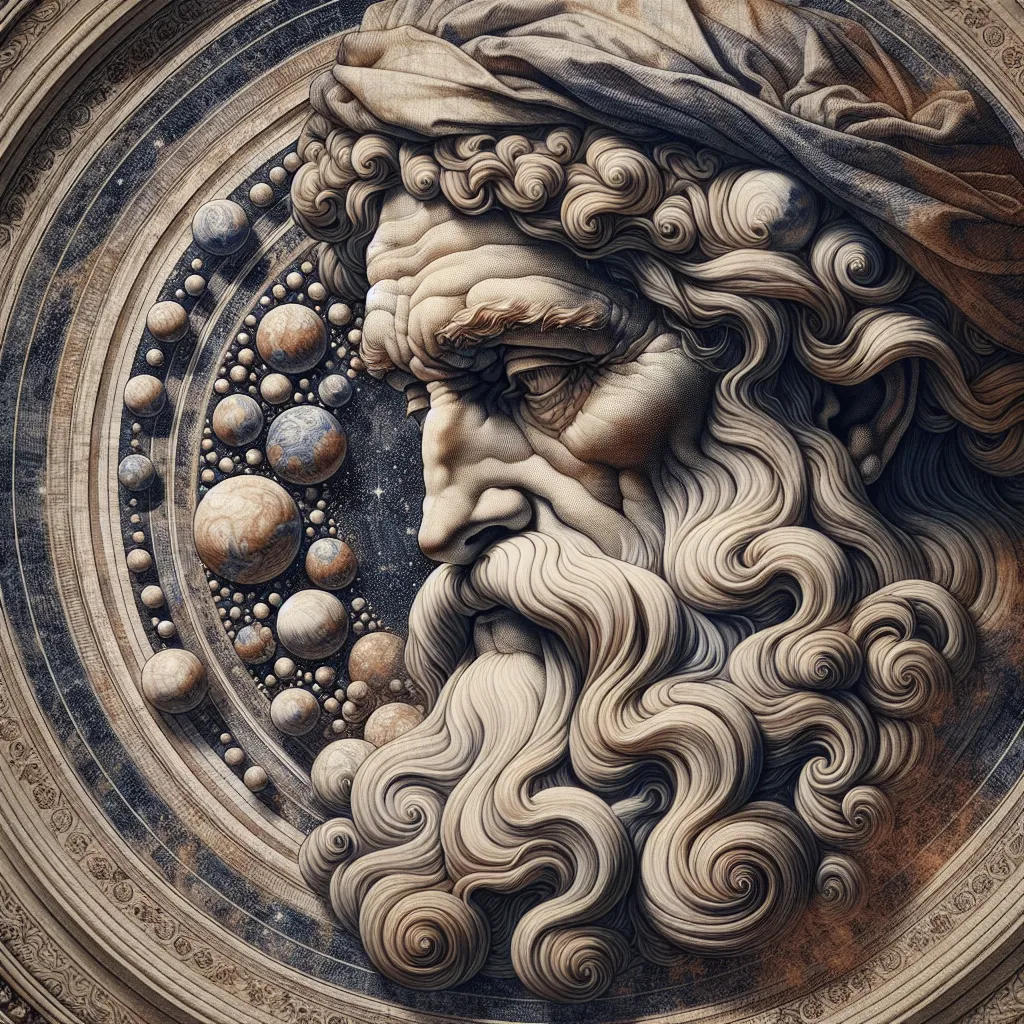
- Published on
- Authors

- Name
- You
The Origins of Taoism: From Ancient Wisdom to Modern Practice
Taoism, or Daoism, is an ancient spiritual tradition and philosophy that has profoundly influenced Chinese culture and thought. Its principles offer a way of understanding the universe and our place within it, blending the lines between advanced science and mystical wisdom. This article will take you on a journey through the historical origins of Taoism, its foundational texts, and its evolution from ancient wisdom to modern practice.
Historical Foundations
Ancient China and the Birth of Taoism
Taoism began as a philosophy in ancient China, around 4th century BCE. It emerged during a period known as the Hundred Schools of Thought, where various philosophical schools vied for prominence.
Key Historical Figures:
- Laozi (Lao Tzu): Often regarded as the founder of Taoism, Laozi's teachings are compiled in the Dao De Jing (Tao Te Ching), a mystical text that outlines the essential principles of Taoism.
- Zhuangzi (Chuang Tzu): Another pivotal figure whose works expanded upon the foundational concepts of Taoism with rich parables and philosophical discourse.
The Dao De Jing: Foundation of Taoist Thought
The Dao De Jing is the cornerstone of Taoist philosophy. Let's delve into its core ideas through a simple table:
| Concept | Description |
|---|---|
| Dao (Tao) | Represents the fundamental nature of the universe; often translated as "The Way." |
| Wu Wei | The principle of "non-action" or effortless action aligned with the natural flow of the universe. |
| Yin and Yang | The concept of duality, illustrating how seemingly opposite forces are interconnected and interdependent. |
From Philosophy to Religion
Religious Taoism: The Growth of Rituals and Practices
Taoism as a religion developed from its philosophical roots, incorporating rituals, mystical practices, and pantheons of gods and spirits.
Key Developments:
- Alchemy and Immortality: Early Taoists practiced alchemy, seeking physical and spiritual immortality.
- Taoist Rituals: Incorporation of ceremonies, talismans, and meditative practices aimed at achieving harmony with the Tao.
Taoism in the Modern World
Contemporary Practices
Despite its ancient origins, Taoism has adapted and thrived in modern times. Its principles continue to resonate deeply in various contemporary practices.
Common Modern Applications:
- Tai Chi and Qigong: Physical practices aimed at cultivating inner peace and health.
- Eco-spirituality: Emphasizes living harmoniously with nature, resonating with modern environmental movements.
- Mindfulness: Many aspects of Taoist meditation have influenced the global mindfulness movement.
Bridging Science and Mysticism
Taoism offers a unique blend of advanced science and mystical wisdom. The concept of interconnectedness found in Taoism resonates with modern scientific understandings of ecology and quantum physics. Furthermore, Taoist principles of balance and flow are observed in disciplines like chaos theory and systems biology.
Conclusion
Taoism's journey from ancient China to the contemporary world is a testament to its enduring wisdom and adaptability. Whether approached as a philosophy, a religion, or a set of practical guidelines, Taoism offers profound insights into living a balanced and harmonious life.
Rediscover the ancient wisdom of the Dao in our modern age and explore how these timeless principles can guide us towards a deeper understanding of ourselves and the universe.
"The journey of a thousand miles begins with one step." - Laozi
Embrace the Tao.
